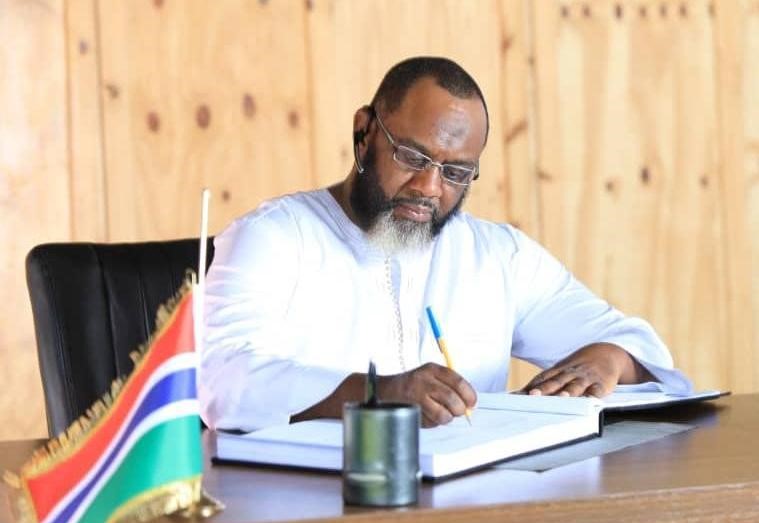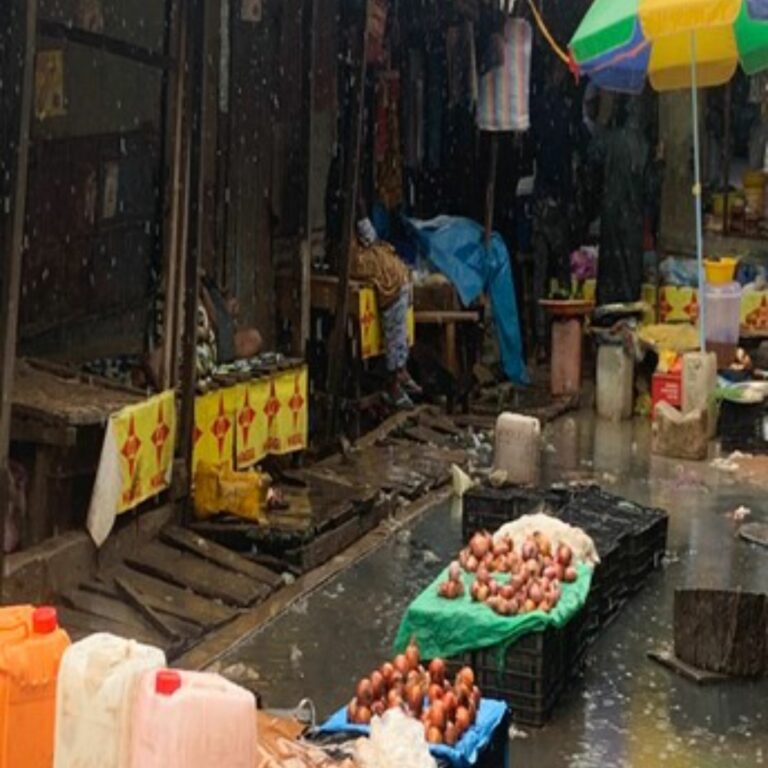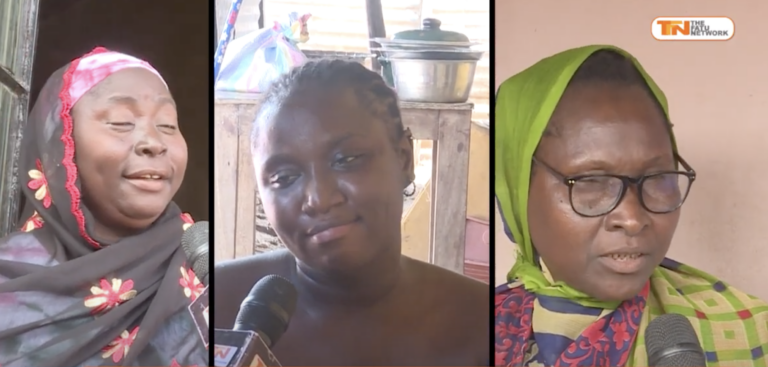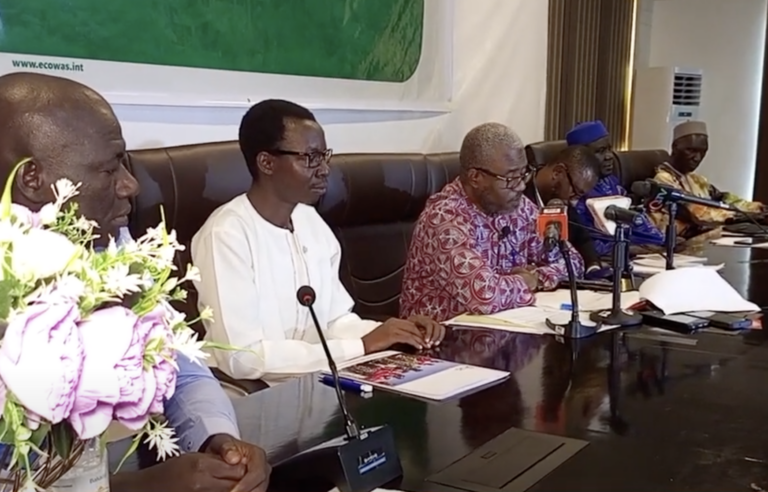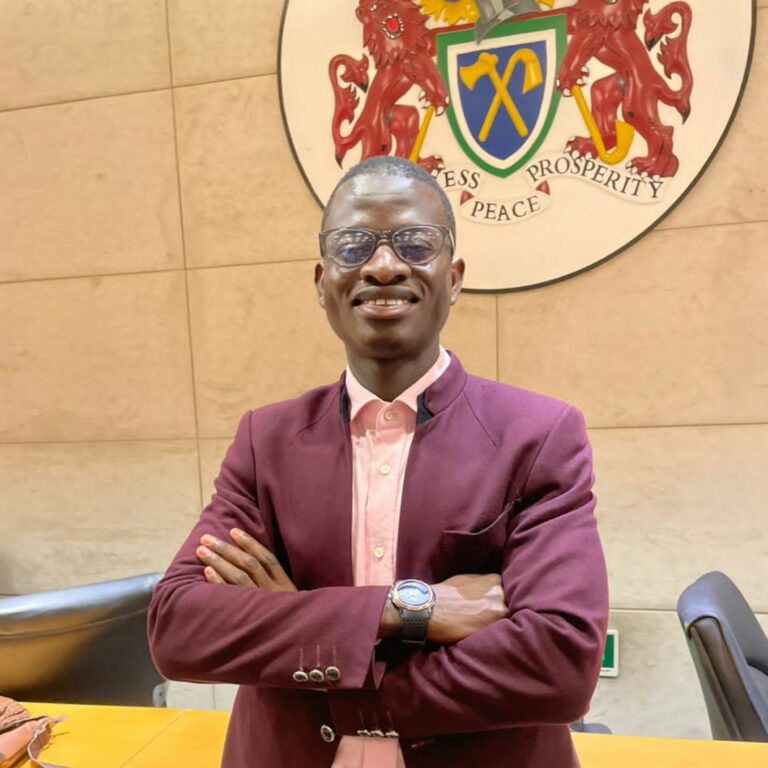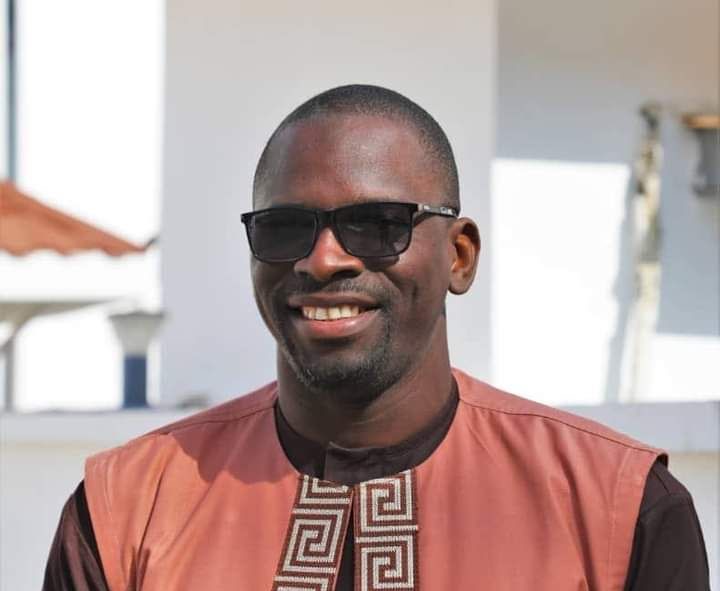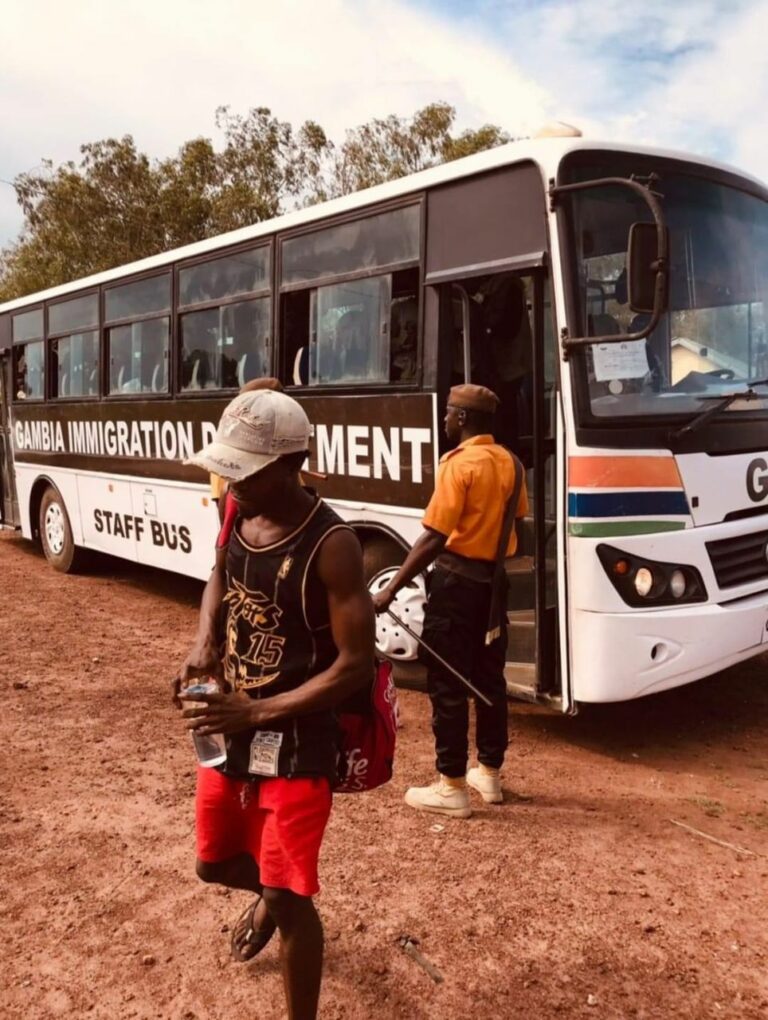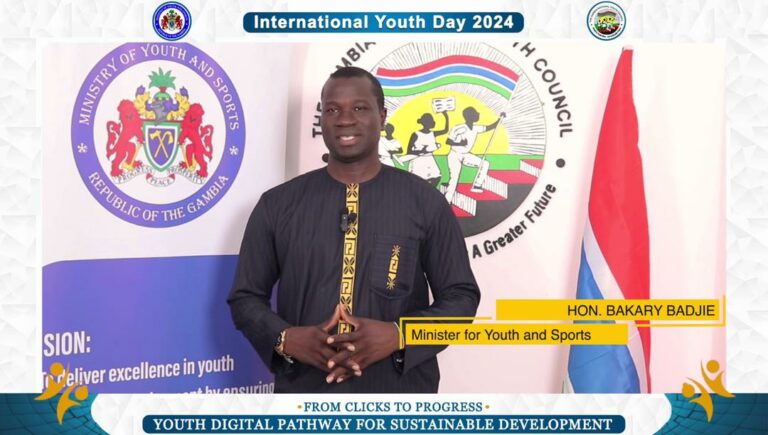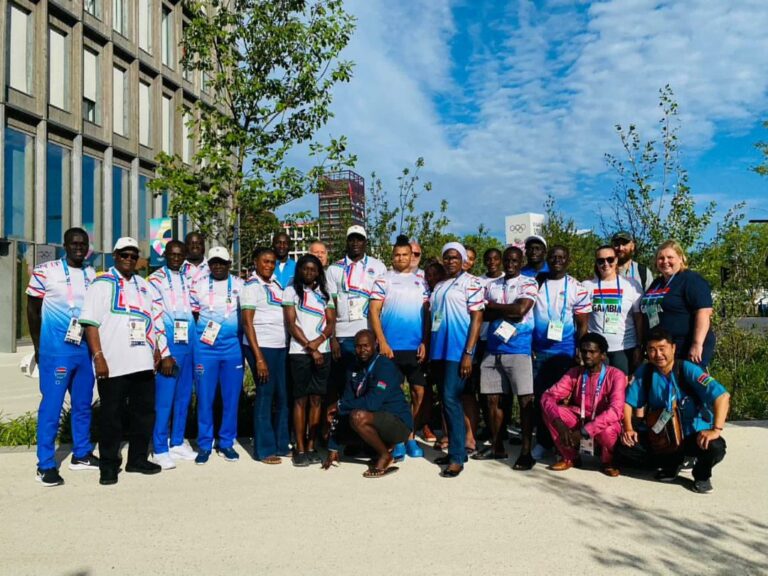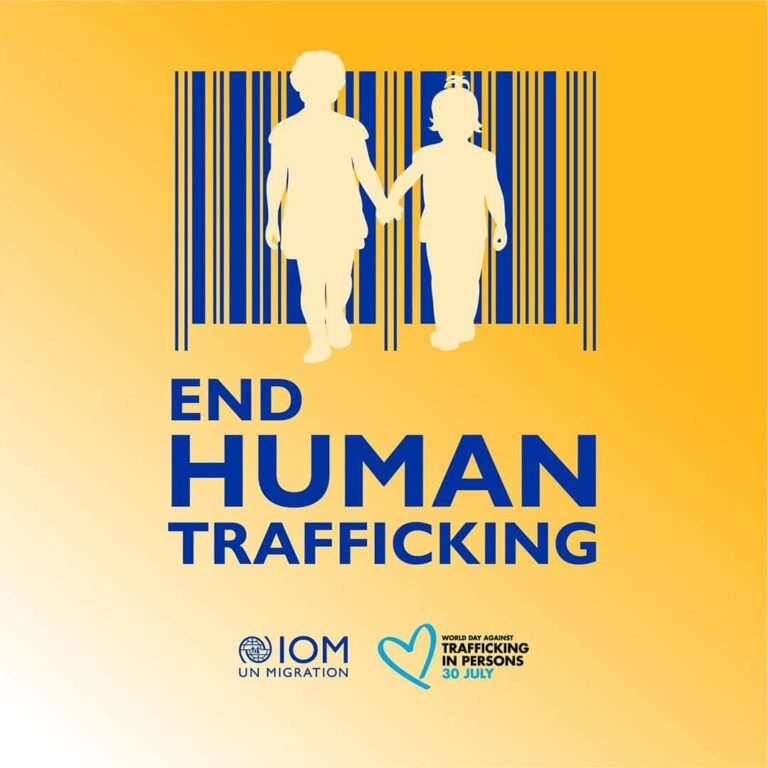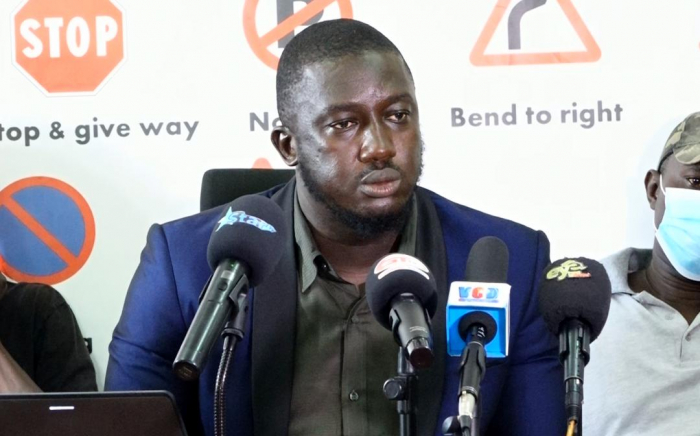By Hadram Hydara
The leading health body of the continent, the Africa Centres for Disease Control and Prevention (Africa CDC), has officially declared the current Mpox outbreak (previously known as Monkeypox) as a public health emergency.
“Today, we declare this PHECS to mobilize our institutions, our collective will, and our resources to act—swiftly and decisively. This empowers us to forge new partnerships, strengthen our health systems, educate our communities, and deliver life-saving interventions where they are needed most. There is no need for travel restrictions at this time,” Africa CDC Director General Dr. Jean Kaseya said, highlighting the urgent need for swift and decisive action:
Scientists at the Africa Centres for Disease Control and Prevention (Africa CDC) have expressed alarm over the rapid spread of a new mpox strain.
More than 13,700 cases and 450 deaths have been reported in the Democratic Republic of Congo since the start of the year.
The Africa CDC says at least 13 African countries, including nations previously unaffected such as Burundi, Kenya, Rwanda, and Uganda, have reported Mpox outbreaks.
To date in 2024, these countries have confirmed 2,863 cases and 517 deaths, with the majority occurring in the Democratic Republic of the Congo (DRC). The continent has seen suspected cases soar to over 17,000, marking a substantial rise from the 7,146 cases in 2022 and 14,957 cases in 2023.
The continent’s leading health body describes Mpox as a viral illness caused by the monkeypox virus, with two distinct clades: Clade I and Clade II. Common symptoms include a skin rash or mucosal lesions lasting 2–4 weeks, fever, headache, muscle aches, back pain, low energy, and swollen lymph nodes. The virus can be transmitted to humans through physical contact with an infectious person, contaminated materials, or infected animals.
To address the outbreak on the continent, Africa CDC says it has set up a 25-member Incident Management Team based at the epicenter of the Mpox epidemic with mandate to support affected and at-risk countries.
The agency also confirms it has signed a partnership agreement with the European Commission’s Health Emergency Preparedness and Response Authority (HERA) and Bavarian Nordic to provide over 215,000 doses of the MVA-BN® vaccine—the only FDA and EMA-approved Mpox vaccine. Africa CDC will oversee the equitable distribution of these vaccines, prioritizing local needs across the affected Member States.


